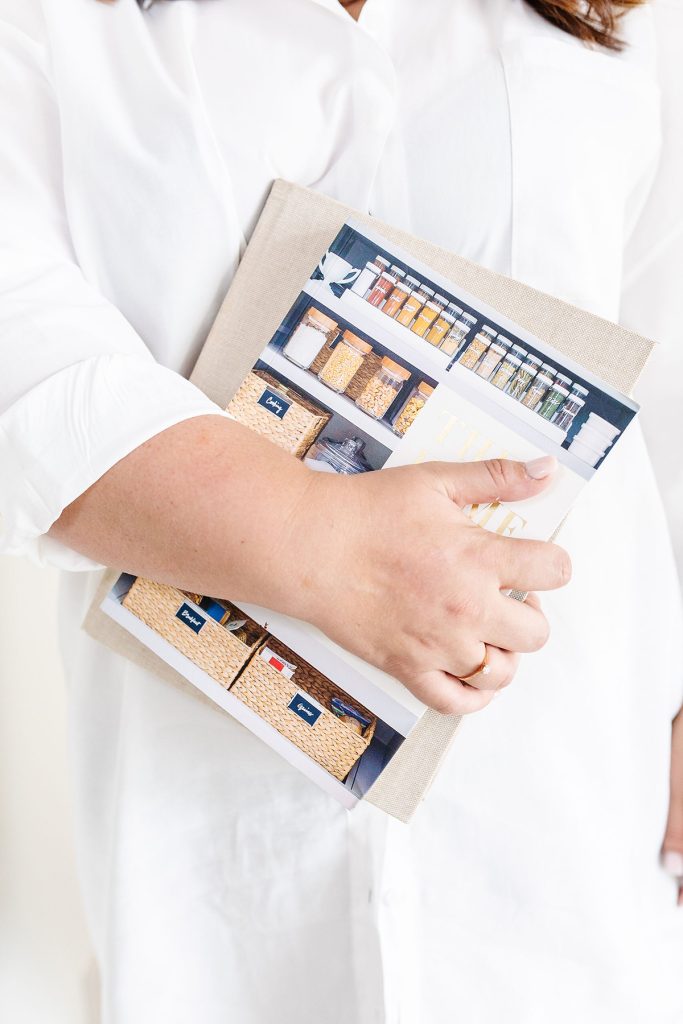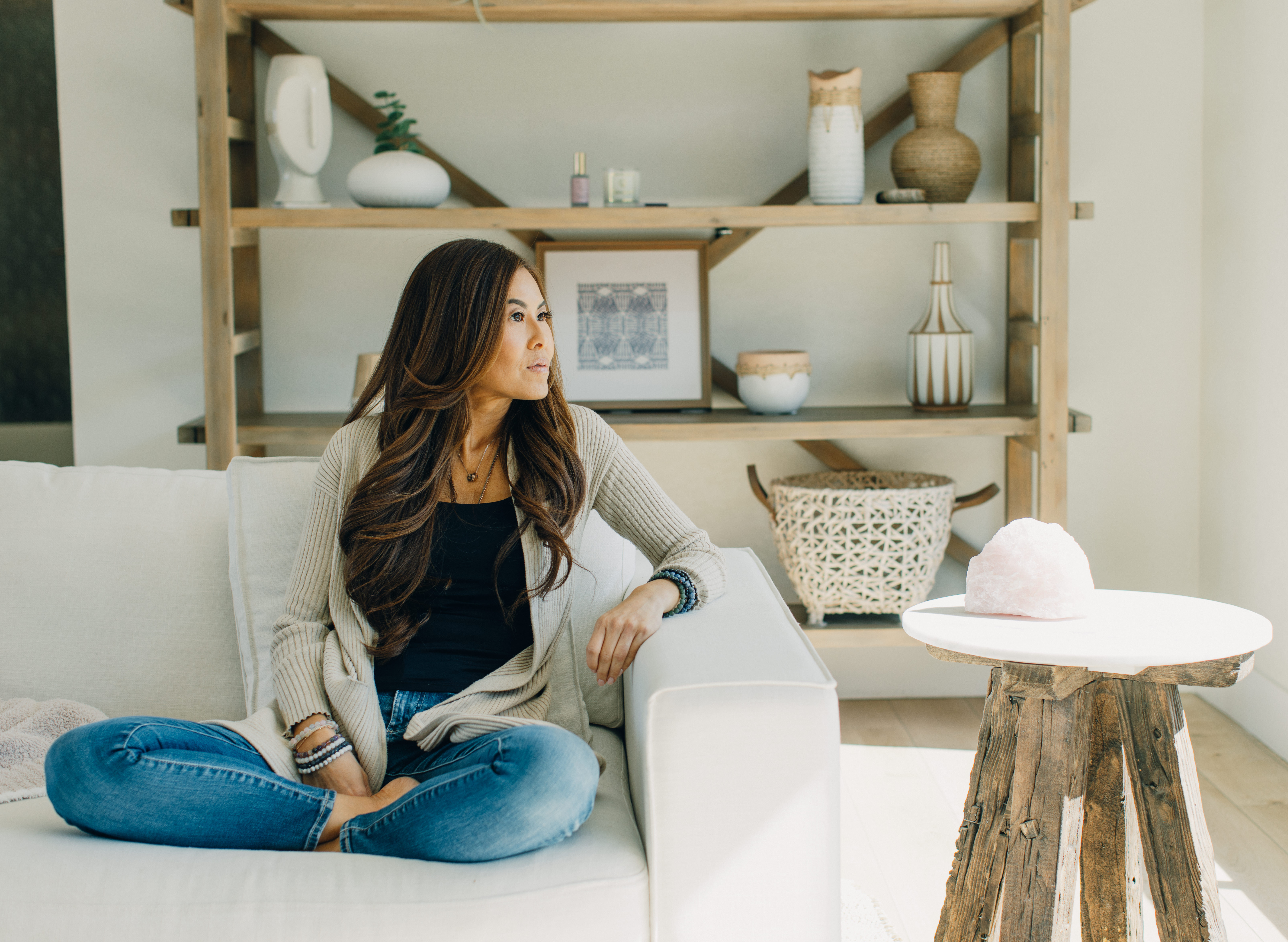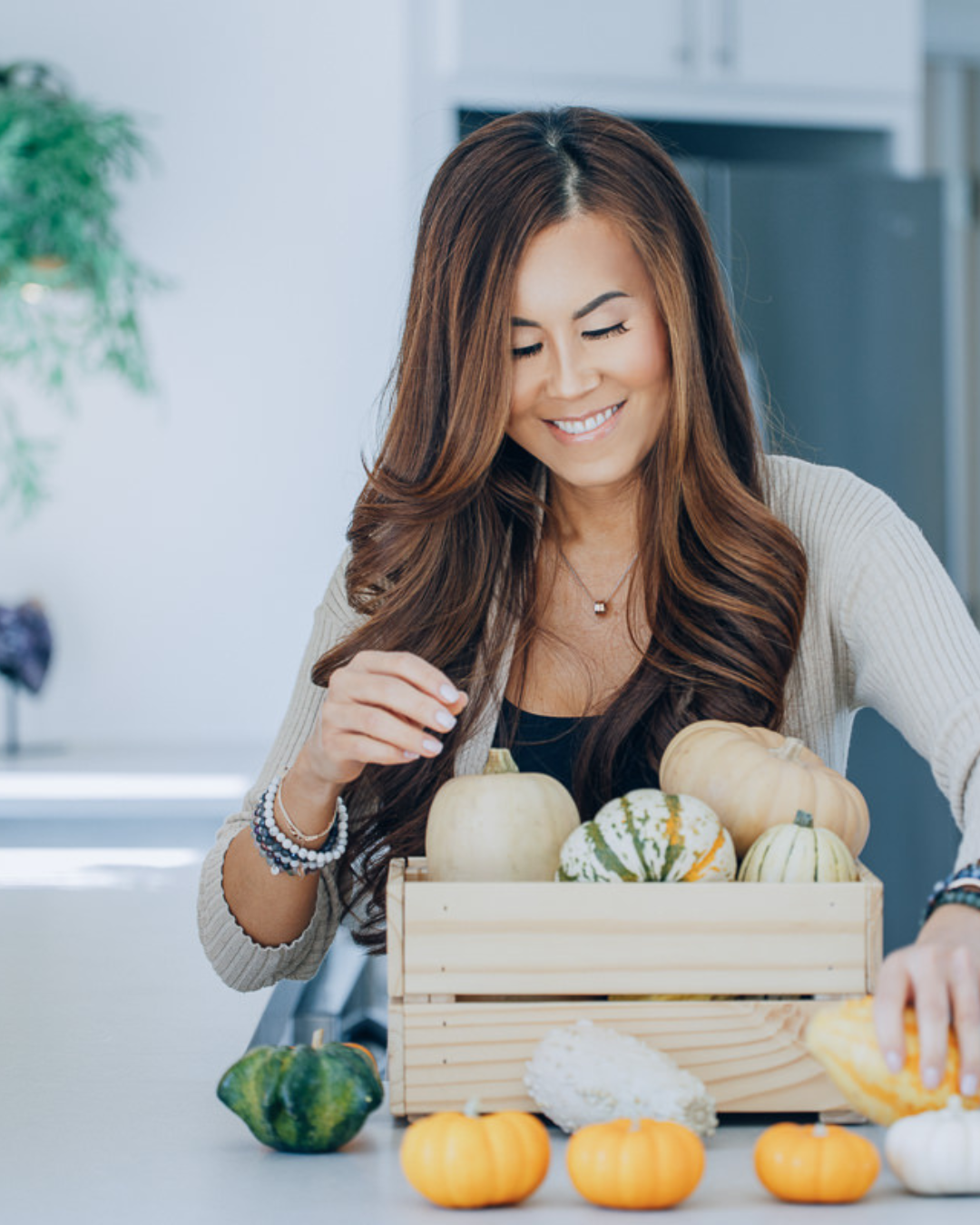How Environment Shapes the Habits That Last
The Upshot
New studies confirm what wisdom traditions have long suggested: clutter taxes your brain, drains focus, and makes habit change harder. By decluttering and organizing your environment, you free up mental energy for the choices that support longevity. A clear space doesn’t just feel good; it helps your brain and body align with the future you’re creating.
I often tell my clients that if they want to create new habits, start with your surroundings.
This might sound surprising, because many of us were raised to believe that discipline and self-control are the secret ingredients to lasting change. But the latest research is showing what so many of us intuitively know: when your space is chaotic, your brain struggles to focus, regulate emotions, and follow through. When your space is organized, the choices you want to make feel easier, lighter, and more natural.
A 2025 study in Developmental Psychology looked at what happens in households where clutter, noise, and unpredictability are the norm. They found that children and teens growing up in this type of environment scored lower on executive function, which is the mental toolkit we rely on for decision-making, planning, and adapting to change (1). That same toolkit is exactly what you need as an adult when you’re trying to meal prep using more veggies, commit to meditation, or even stick to an earlier bedtime.
Another 2025 paper from Scientific Reports followed people from adolescence into adulthood and uncovered a deeper link: growing up in disorganized homes doesn’t just impact planning but it makes it harder to regulate emotions (2).
One of the most important skills for resilience is something called “cognitive reappraisal,” the ability to reframe a situation and see it with perspective. If clutter and chaos tax your mental bandwidth, that skill becomes harder to access. Which means you’re more likely to fall back into old patterns instead of staying open to change.
The brain science goes even further. Researchers at the Yale School of Medicine used imaging to study what happens when people look at visual clutter (3). They found that depending on where clutter sits in your field of vision, your brain literally processes information differently. That stack of unopened mail, the chair piled with clothes, or the pantry crammed with random snacks isn’t just messy, it’s changing how your brain prioritizes signals. Clutter forces your brain to work harder, leaving less energy for the choices that truly matter.
So, clear space equals open mind. When you create an environment that is quiet enough to support focus and calm, you’re giving yourself an enormous advantage in making the shifts that lead to long-term health and longevity.
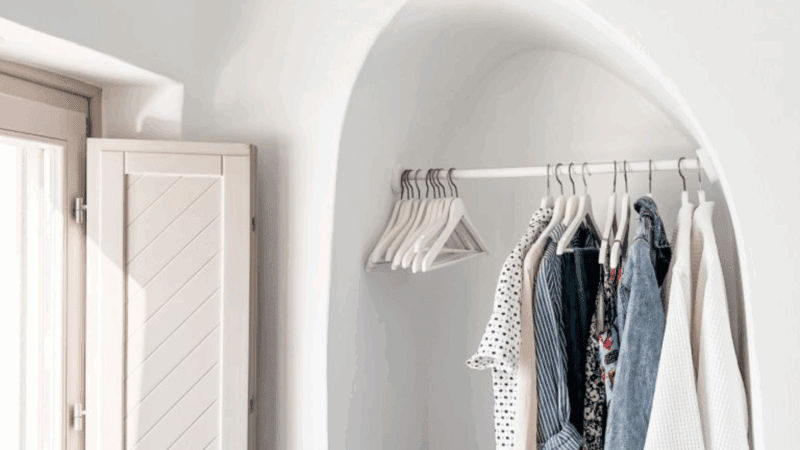
Simple Shifts Make Habits Stick
Here’s how to translate the science into everyday practice…
- Create “action zones.”
Decide where your new habit will happen, and remove everything else from that space. If you’re working on more plant-forward meals, keep your cutting board, chef’s knife, and a bowl of fresh produce right on the counter. Make it inviting and obvious. If meditation is your goal, designate one cushion in a quiet corner and keep it free from distractions. This physical signal tells your brain: this is the place where change happens. - Make cues intentional.
Too many reminders just become noise. One well-placed cue is powerful. Leave your water bottle where you’ll see it all day instead of setting ten hydration alarms. Place your journal on your pillow so you can’t forget it before bed. Keep your yoga mat in the living room. Think of cues as supportive nudges, not clutter. - Establish grounding rhythms.
Your nervous system thrives on predictability. Chaotic, unpredictable routines make it harder to stay flexible and resilient. Create small daily rituals that reduce decision fatigue: a morning smoothie ritual, tidying the kitchen after dinner, brewing chamomile tea before bed. These rhythms signal safety to your body and brain, making it easier to stay consistent with your bigger goals. - Reset the energy.
Clearing isn’t only about dusting shelves, it’s about refreshing the energy flow. Open a window, light a candle, diffuse grounding essential oils like cedar, incense, or lavender. Take three deep breaths before you cook, and imagine yourself bringing calm, healing energy into your food. When your space feels lighter, your choices align more easily with the life you’re creating. - Bring clarity into your kitchen.
Since food is the foundation of a healthy lifespan, I recommend beginning here. Organize your pantry so the foods that support your health are the easiest to reach. Keep beans, lentils, whole grains, nuts, and seeds visible at eye level. Wash and prep vegetables so they’re ready to grab. When your kitchen is set up to reflect your intentions, healthy meals stop feeling like effort and start feeling like flow.
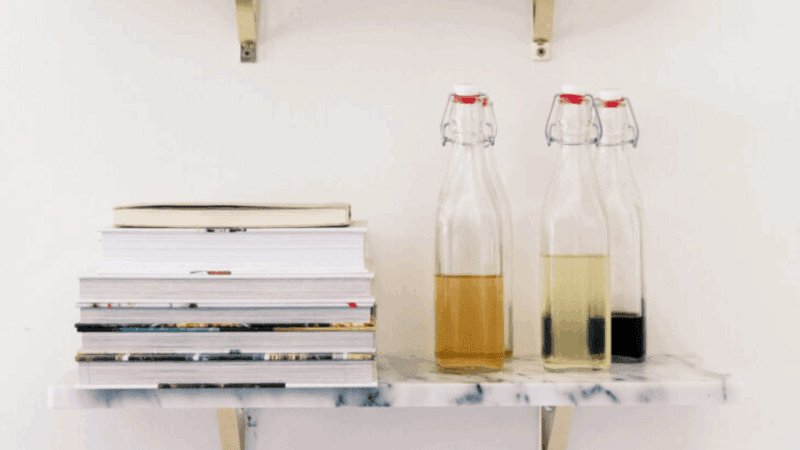
The Longevity Connection
Longevity stems from the choices we sustain every day: the meals we prepare, the way we move, how we manage stress, and how consistently we get restorative rest. The research now confirms what wisdom traditions and energy practices have always told us: our outer environment shapes our inner state.
Organizing your space helps you fight stagnation, like procrastination. As a Reiki master, I feel how moving stagnant energy out opens the door for new patterns. How important it is for us to create stillness, so we can take in our whole environment. And how simplifying your space now creates resilience and vitality for the years ahead.
So before you overhaul your diet or start a new routine, pause and look around. What in your space is making change harder than it needs to be? What small shift could create more clarity? Start there. Clear your space, and you’ll find your mind and your habits naturally follow.
xo – Serena
FAQs
Q. Does decluttering have to mean minimalism?
A. Not at all. The goal isn’t bare walls or empty shelves—it’s alignment. If your space feels supportive and intentional, you’re on the right track. A warm, lived-in home can still be organized enough to nurture change.
Q. Why start with the kitchen?
A. Because food choices drive so much of your daily energy and long-term health. Organizing your kitchen to make whole, plant-based ingredients more accessible is one of the best ways to maintain healthy eating habits.
Q. What if my family or housemates don’t share my habits?
A. Focus on creating one specific zone that belongs to you. Even a single drawer, shelf, or corner can serve as an anchor. When you show consistency, others often follow your lead over time.
Q. Can clearing space really affect my emotions?
A. Yes. Visual clutter taxes the brain’s processing system, while unpredictable routines make it harder to regulate stress. Even small resets—like cleaning off a table or setting a daily tidy rhythm—signal calm to your nervous system.
Q. How do I combine organization with energy work?
A. Treat decluttering as both a physical and energetic reset. After you a space, pause for a breath, light incense, or express gratitude. This simple ritual locks in the shift on both levels.
CITATIONS
- Iglesias, M., McCausland, D.S., Jackle, L. et al. Pediatric research with impact: connecting families to developmental resources. Pediatr Res (2025). https://doi.org/10.1038/s41390-025-03902-8
- Koenig J, Farhat LC, Bloch MH. Editorial: From adolescence into young adulthood – the importance of a longitudinal perspective across development in child and adolescent mental health. J Child Psychol Psychiatry. 2025 Jan;66(1):1-3. doi: 10.1111/jcpp.14094. PMID: 39690123.
- Das A, Sheffield AG, Nandy AS, Jadi MP. Brain-state mediated modulation of inter-laminar dependencies in visual cortex. Nat Commun. 2024 Jun 14;15(1):5105. doi: 10.1038/s41467-024-49144-w. PMID: 38877026; PMCID: PMC11178935.
by
